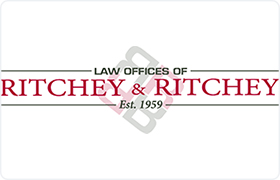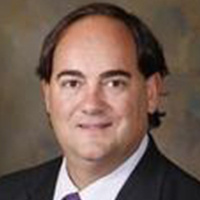Montevallo Estate Lawyer, Alabama
Sponsored Law Firm
-
 x
x

Click For More Info:
-
Ritchey & Ritchey
1740 Oxmoor Road Birmingham, AL 35209» view mapEstate Planning, Wills & Probate, Elder Law Small Firm Attention. Large Firm Capability.
Ritchey & Ritchey, one of the oldest law firms in Birmingham as well as Alabama, was founded in 1959 on a simple premise: provide clients with guidance and expertise.
205-271-3100
Christopher Rhett Smitherman
✓ VERIFIEDCriminal, Estate, Divorce & Family Law, Accident & Injury, Personal Injury
James Brandon Cooper
Elder Law, Estate, Guardianships & Conservatorships, Personal Injury, Medical Malpractice
Status: In Good Standing Licensed: 14 Years
Harry Emmanuel Scozzaro
Estate, Divorce & Family Law, Criminal, Accident & Injury
Status: In Good Standing Licensed: 21 Years
 Ferris Ritchey Birmingham, AL
Ferris Ritchey Birmingham, AL Practice AreasExpertise
Practice AreasExpertise

